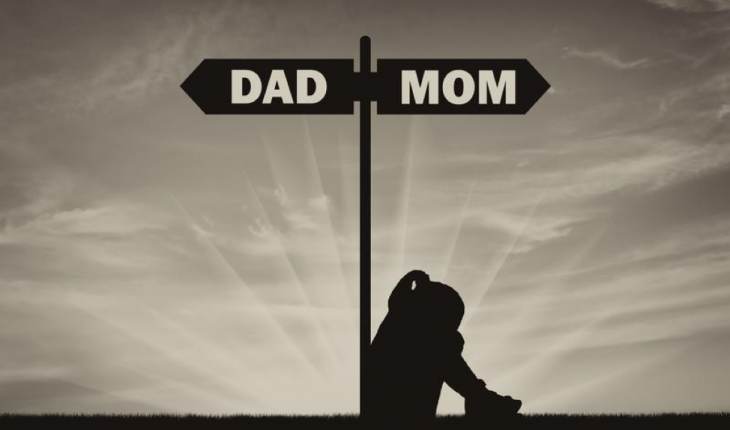Divorce rates in America very high, with nearly 800,000 people getting divorced in the United States in 2017. Unfortunately, many of those divorces involve children, and these children can suffer significantly as a result of the divorce. These impacts may not just affect their childhood but their chances for a happy, productive adulthood. Here’s a look at three ways in which children can suffer as a result of a divorce.
Academic Achievement
As every parent knows, active engagement is absolutely critical for any child’s academic achievement. Parents need to keep on their kids in order to ensure that they are studying appropriately, teach new habits of learning and supervise that all work is getting done. Unfortunately, during a divorce, parents are obviously distracted with an array of legal, emotional and financial challenges. Meanwhile, kids stop caring as much about their education and study habits — after all, their world is falling apart around them. Who really cares about how they do on their Geometry test? Unfortunately, multiple studies have shown that children who are experiencing a divorce often do worse in school.
Emotional Stability
Parents and the relationship between parents form the foundation of a child’s life. When that relationship crumbles, it can have a dramatically negative impact on children. This occurs for many reasons. At times there is a constant tug-of-war between parents as they fight over child custody issues which causes emotional turmoil for most children, especially if they are old enough to understand what is happening. Furthermore, divorce brings an array of financial and logistical challenges to a family that affect a child’s life. Seeing a parent less often can lead to worse emotional outcomes. All of these changes can have a negative impact on kids, resulting in higher rates of anxiety and depression, as well as a loss of emotional stability.
Negative Impacts on Behavior
Children of divorced parents often experience a slew of negative impacts on behavior. Kids who are the children of divorced parents are more likely to experience a wide array of behavioral issues that may require therapy. Young children often regress in behavior and experience an uptick in behaviors like bed-wetting, tantrums, clinging and whining, even if they are well past the age in which these behaviors typically occur. Older children are more likely to “lash out” via drinking, smoking and risky sexual experiences. Negative behavior can be mitigated by parents who reassure their children, engage in positive routines and allow a child to create rituals which make them feel like they have more control over their lives.
It’s important to know the potential pitfalls of divorce, but it’s also important to understand that just because something is likely doesn’t make it certain. If you are experiencing a divorce, talk with your lawyers and child professionals about ways to minimize the negative impact divorce may have on your children. Active engagement and solid communication skills can positively impact the lives of your children and give them coping skills that will last throughout their adult lives.
These other articles are full of informative content:




